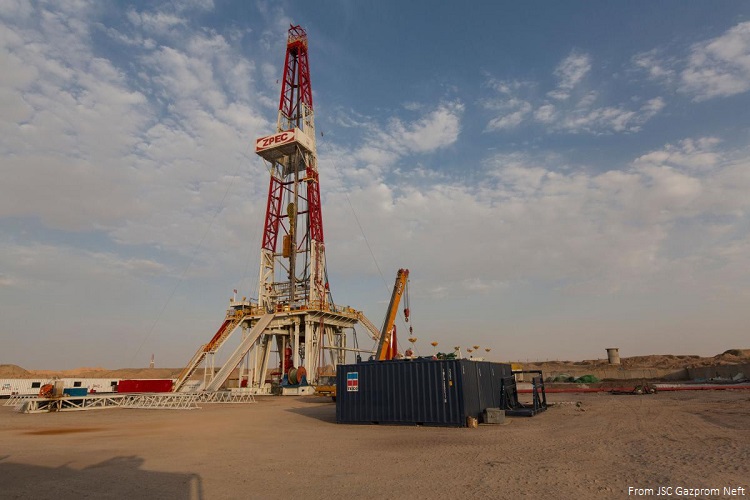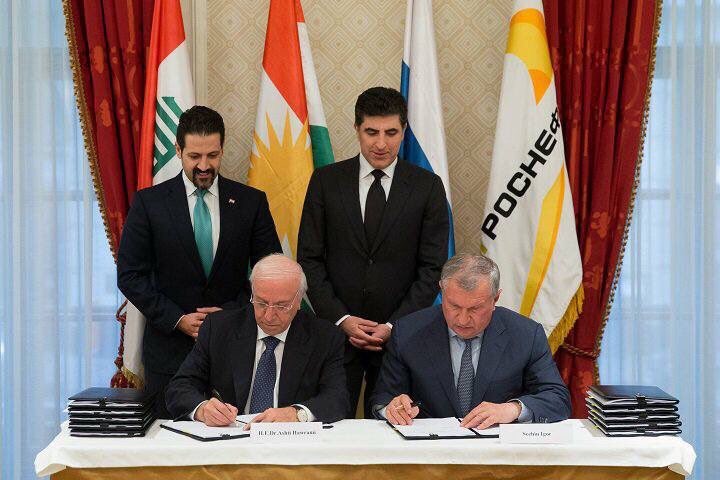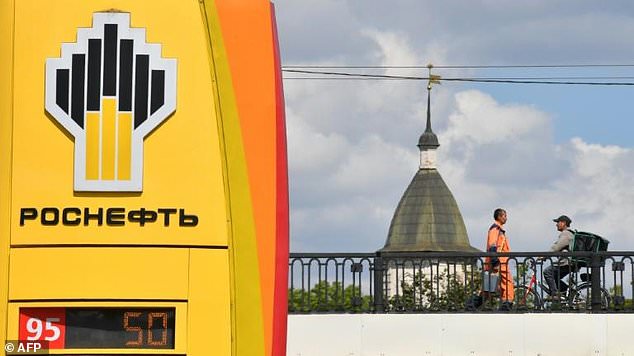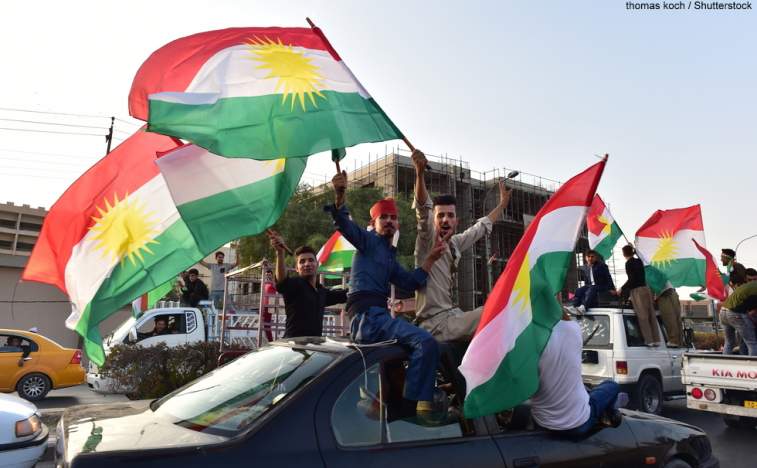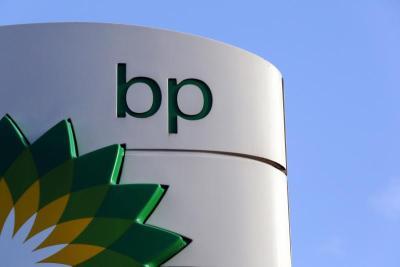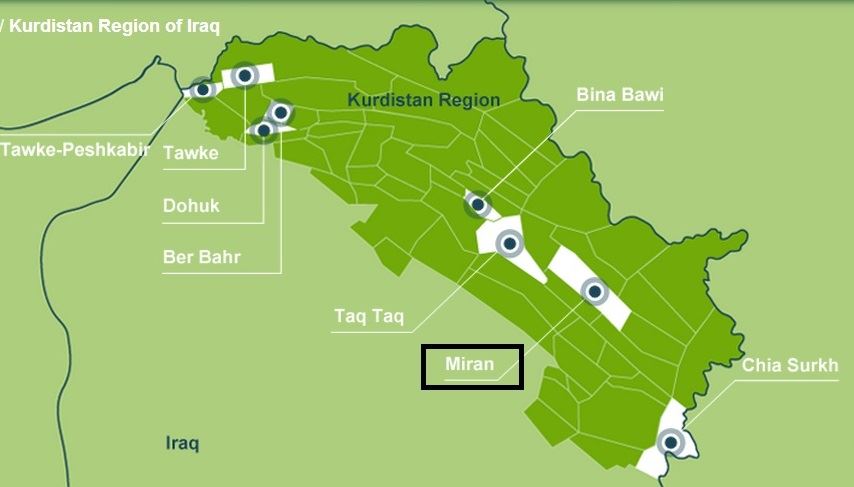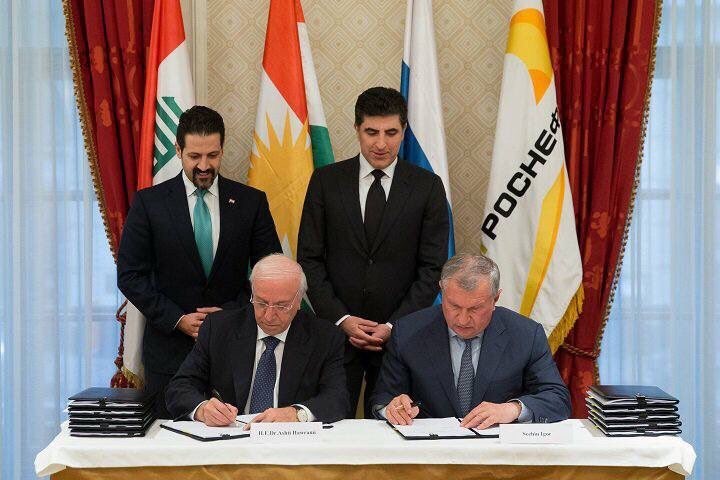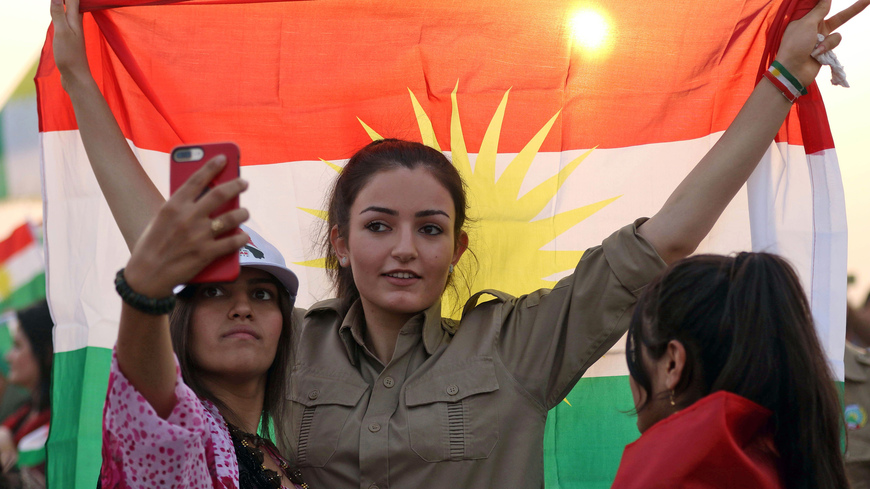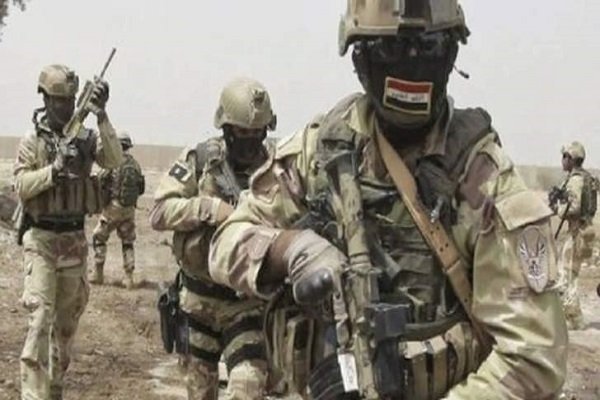By Bijan Khajehpour, for Al-Monitor. Any opinions expressed are those of the author, and do not necessarily reflect the views of Iraq Business News.
Iran and the Kurdistan Regional Government (KRG) in Iraq have historically been on good terms. During the Saddam Hussein years, Iran was one of the main countries to host Kurdish leaders. In the post-Saddam era, Tehran and Erbil have enjoyed good neighborly relations.
This relationship manifested itself in Iranian forces coming to the rescue of the Kurdish regions in their fight against the Islamic State (IS) in the summer of 2014. However, the recent independence referendum in the KRG has angered Tehran, and it is clear that the Kurdish moves will impact on both bilateral ties and wider regional alignments.
One important aspect to consider when assessing the fallout between Iran and the KRG following the independence vote is the economic dimension of their relationship in the geostrategic context of Iranian concerns.
Iran and the KRG have a multilayered relationship; most importantly, it is not all driven by the government. On the one hand, there are various trade links between the two sides, starting from very active border markets up to cross-border trade and investment.
There are five border markets between Iran and Iraqi Kurdistan. Prior to the recent events, there were plans to expand such entities to create jobs and also shift the unofficial trade toward official channels. In fact, the KRG is an important market for Iranian exporters. The trade volume between the two sides amounted to $8 billion in 2014, which made Iran the KRG’s second-largest trading partner, after Turkey.
In recent years, Iranian exports to the Kurdistan Region have dropped due to the conflict against IS. Yet, according to Kurdish sources, the trade volume between Iran and the KRG stood at $4 billion in 2016. This means that approximately 40% of the Iran-Iraq trade goes through the KRG.

